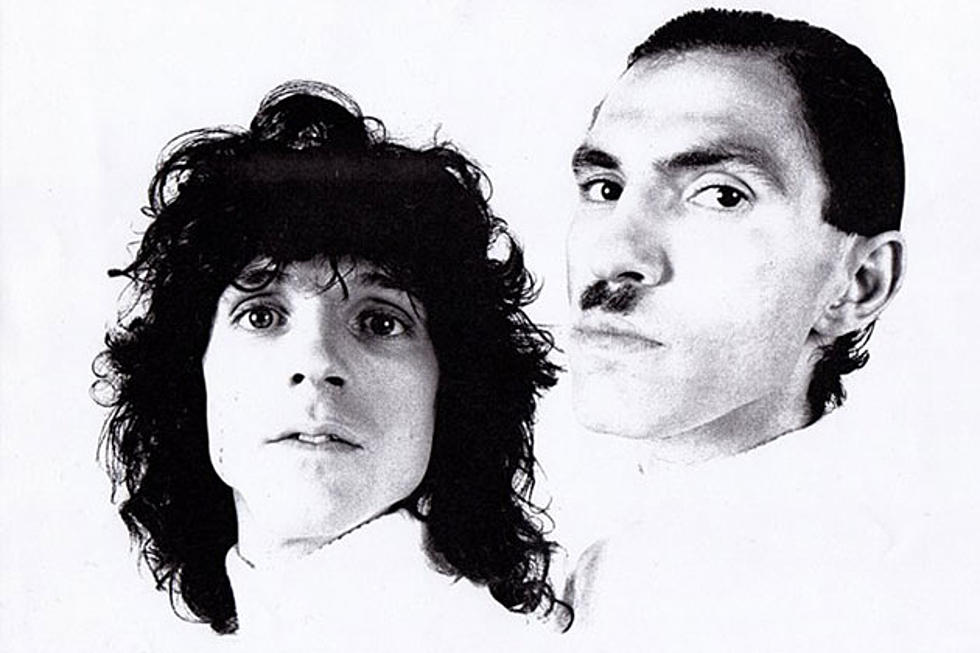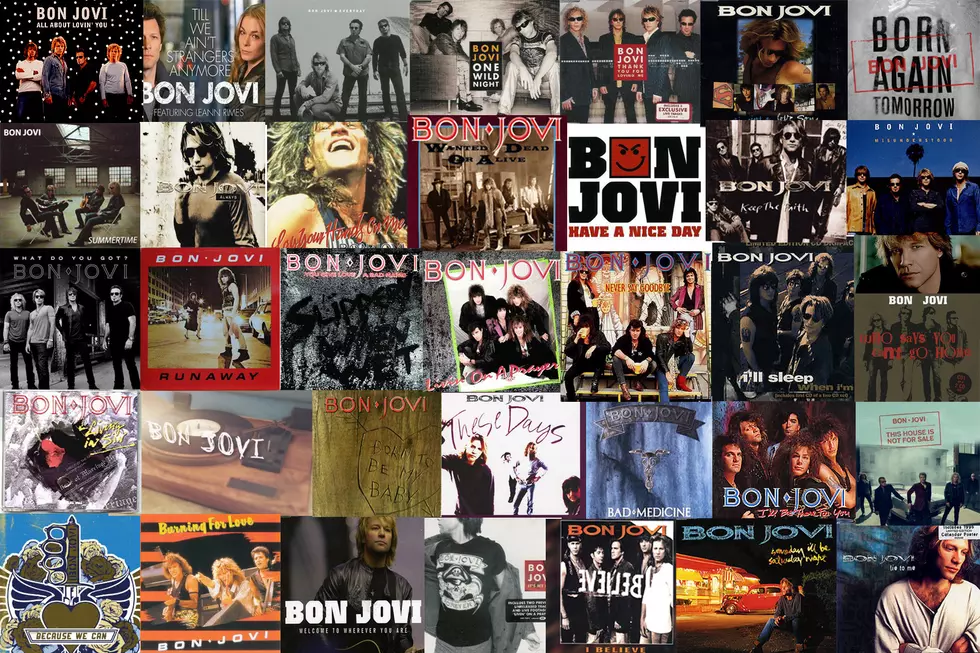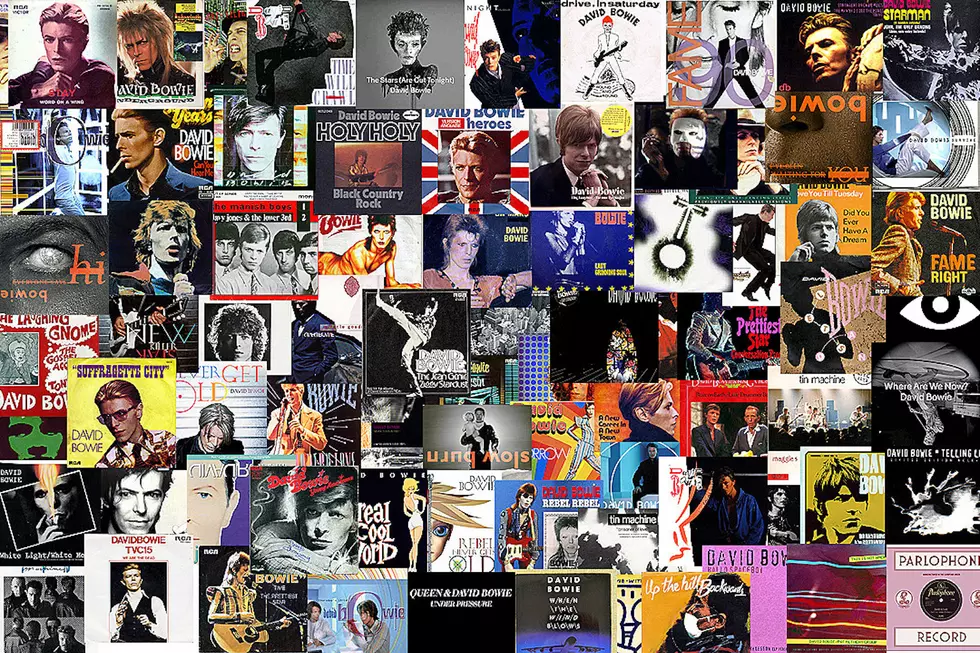
Everything You Need to Know About Sparks
We take a look at one of the most enduring, distinct and incredible musical entities to ever roam the Earth in With Everything You Need to Know About Sparks. Though they never had any major hits in the U.S., their presence has long been felt in corners big and small. The core duo of brothers Ron and Russell Mael have been at it since the late '60s, making music that has always been out of step with the conventional idea of rock and roll. Their music can recall the past as it plunges you deep into the future. Not bad for a couple of misfits from Los Angeles.
Overview
YEARS OF OPERATION: 1969 - Present
ORIGINAL LINEUP: Ron Mael - keyboards / Russell Mael - vocals / Earle Mankey - guitar / Jim Mankey - bass / Harley Feinstein - drums
CLASSIC LINEUP (1974-75): Ron Mael - keyboards / Russell Mael - vocals. With all due respect to the many musicians who have helped stir the pot, there was never one "classic" lineup. Guitarists Adrian Fisher and Trevor White, along with drummer Dinky Diamond and bassists Martin Gordon and Ian Hampton, all played a significant part in the sound and style of what many would call the "classic" years, 1974-5. During that era they released the three albums that their legacy was built on, but there was never one constant lineup aside from Ron and Russell.
KEY DISCOGRAPHY: Halfnelson (1971) / Kimono My House (1974) / Propaganda (1974) / Indiscreet (1975) / No. 1 In Heaven (1979) / Angst in My Pants (1982) / Lil' Beethoven (2002) / Exotic Creatures of the Deep (2008)
History
Growing up in Los Angeles in the '60s, brothers Ron and Russell Mael were obsessed with rock and roll and pop culture. In 1968 the pair, both in their early 20s, decided to form a band. They chose the unlikely moniker of Halfnelson. This new band had a sound and style as unique as their name. With Ron doing the bulk of the writing, the influences of everything from the Who and the Move to Broadway and classical music came shining through. They recorded a demo of 12 songs that led them to sign with the fledgling Bearsville label. With the swap of a couple members, they set about to record their first proper album.
Todd Rundgren served as producer on Halfnelson's self-titled debut which went nowhere. It was suggested that the problem was their name. The label thought they should be called the Sparks Brothers. They took that idea under advisement, dropped the Brothers part and became simply, Sparks. Their debut was repackaged and re-released and sold roughly the same, though the single "Wonder Girl" did get airplay in Los Angeles. A second album followed causing even more subdued enthusiasm.
At this point Ron and Russell packed their bags and moved to England. Hooking up with producer Muff Winwood, they were signed to Island Records and formed a new version of the band with British players. The change was just what was needed. From 1974 through 1975, Sparks released the three key albums that most fans still consider a holy trinity of sorts. The single "This Town Ain't Big Enough for Both of Us" was released in 1974 and shot to No. 2 on the U.K. charts. The unlikely hit struck a chord with its glam-affected guitars, triumphant rhythm and far from average vocal style of Russell. This was the first of eight Top 40 U.K. hits in a row for the band.
As times changed, so did Sparks. Their sense of adventure both musically and lyrically (Ron Mael's knack for a great lyric has few peers) would lead them from glam to pop via big band and hard rock before crashing into both New Wave and disco along the way. By the early '80s, the Maels had moved back home to L.A. and formed yet another version of the band. This time around, they would find some success Stateside with songs like "I Predict" and "Cool Places" (which featured Jane Wiedlin of the Go-Gos).
As time moved on, Ron and Russell became more interested in, and reliant upon, electronics, making a series of more synth-pop albums. Though the music had changed, their sense of humor and wit remained intact. In 1997, they released the album Plagiarism, which featured re-workings of old songs with help from such varied sources as Faith No More and Erasure. Some of the songs used full orchestration, which would in part signal their next move. The ground breaking album Lil' Beethoven was released in 2002 to much fanfare. Most fans and critics hailed it their best work since the mid-'70s.
Its success led to a renaissance of sorts which included another strong run of albums culminating in the 2008 series of concerts in London where the band performed every one of their albums in their entirety for a total of 21 nights, leading up to the release of their 21st album, Exotic Creatures of the Deep.
Legacy
Though Sparks never had a big helping of mainstream success in the U.S., their fans remain among the most loyal of any, following them from album-to-album, genre-to-genre and every avenue along the path. They have influenced everyone from Queen and Paul McCartney (check out the video for "Coming Up" and see who Paul is imitating) to Depeche Mode and Morrissey to the Darkness and Franz Ferdinand, both of whom have collaborated with the Mael Brothers.
Epilogue
Sparks are not an easy listen for most music fans. Their style, particularly that of vocalist Russell Mael has often been the dividing line between love and hate, but that is part of what has made them so special over these past 40-plus years. They have never sounded like anyone other than themselves and unlike many bands of that particular vintage, they are constantly looking forward, trying new ideas and keeping things fresh for themselves and their fans.
More From Ultimate Classic Rock









